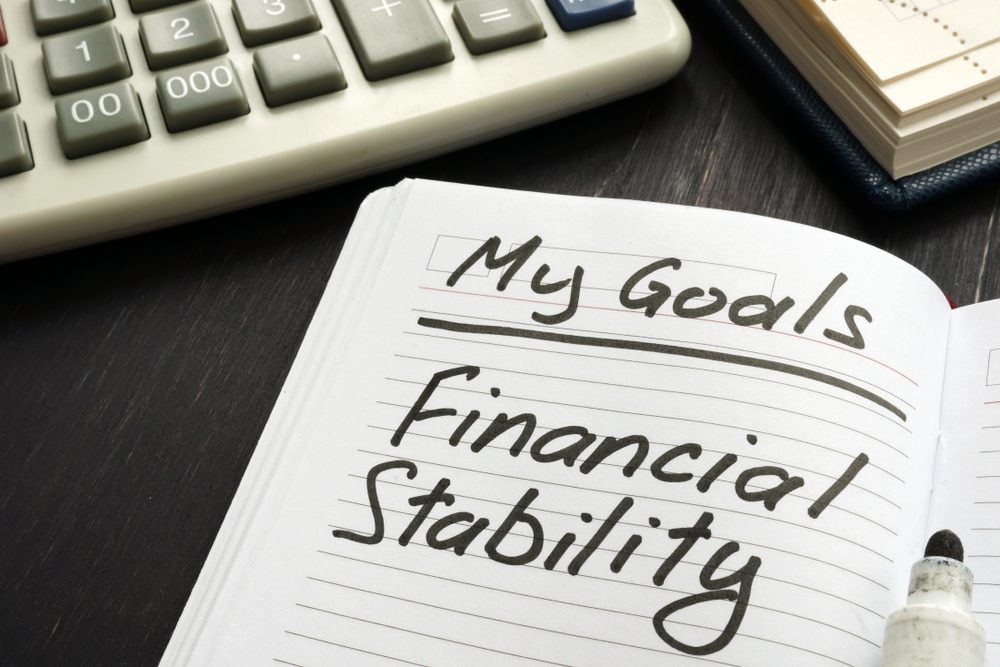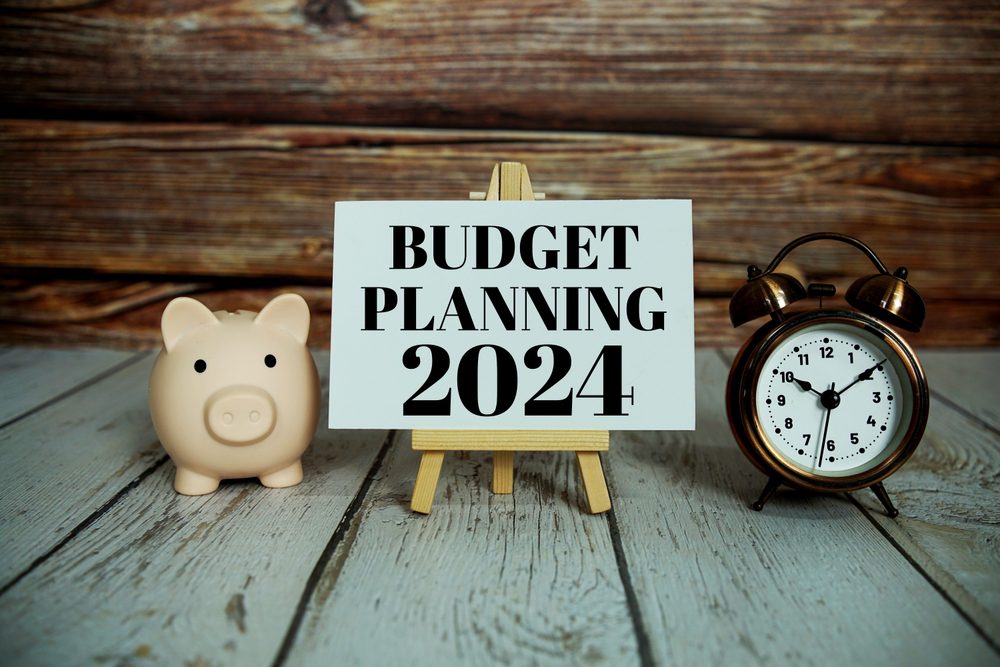
I stopped worrying about money thanks to these tips. You may want to follow them too!
“Money, money, money / Must be funny / In the rich man’s world” goes the famous song from Abba. I guess that everybody’s dream is to wake up in the morning and be rich, or at least without worrying about money anymore. Unfortunately, this isn’t exactly possible in the real world.
However, persistent worry about money can cause psychological stress, so it’s critical to manage it. This list contains vital life skills that can assist you in creating a more contented and joyful existence.
They may be viewed as a set of guidelines for financial happiness.

1. Plan for your retirement as early as possible
I know that this may sound daunting because we mentioned it in almost every article we wrote on our page, but the truth is that this is one of the first ways to stop worrying about money and start a path to financial stability.
If you’re 40 or a bit over it, you may be tempted to say, “Nah, it’s way too early to think about retirement; I’m still young.” While this is perfectly true, the earlier you start thinking about retirement, the better and faster you will be financially free when the time comes for it.
However, if you’re an office employee and you want to stop worrying about money, it is advised that you contribute as much to your company’s provident fund as is permitted. To your greatest advantage, it is preferable to move this money with you to new employers rather than taking it out before retirement. Another noteworthy retirement savings option is pension insurance, which guarantees a consistent fixed income upon retirement. Additionally, you are eligible for a personal income tax deduction.
2. “Educate” your budget
If you want to stop worrying about money and create financial stability, it’s important to have a little bit of control over your spending habits and start learning how to manage your money. It might pay off in the long term to put in the effort to improve your money management.
It may be able to help you achieve two of the most frequent financial concerns people have: staying debt-free and saving for future financial objectives. Take the following actions to create a budget that you can comply with:
Note your monthly income as well as the amount left over after taxes, health insurance, and retirement contributions. After that, go over your whole monthly budget to see if there are any changes you can make.
To keep your money organized, start by making a list of all of your critical spending, such as bills, and then classify them. Next, make a list of the non-essential expenses you have, such as entertainment and dining out, and see what you can give up.
3. Pick the best budgeting system for you
You don’t know exactly what works best for you. Well, allow yourself some trial months to try things out. Choose a budgeting plan that you find enjoyable, whether it is the envelope system, zero-based budgeting, or the 50-30-20 rule.
Though there are enough options, just because a system works for your buddy doesn’t necessarily imply it’s the best one for you. Try a few and maintain an open mind.
4. If you can handle a side hustle, take advantage of it
Another successful way to financial stability is by trying to add more money to your monthly income. Are you currently working somewhere, but the job itself doesn’t satisfy you anymore? Depending on your working hours and your availability, you can try adding extra income by doing something that you like. For example, consider taking an extra part-time job and that’s doable remotely.
Currently, online tutoring as a freelancer or content writing for various marketing companies works wonders for a lot of people. Making a career out of something you enjoy is a great place to start since you’ll be happier, stick with it longer, and be curious to find out more.
5. Fill in some financial education lessons
You are the first step towards financial stability and independence, and, of course, less financial stress. A good place to start would be to review your knowledge of personal finance. While financial education wasn’t present in any school back in the day, thanks to the internet, it’s possible to squeeze in some free lessons about it.
For example, you can easily subscribe to daily financial newsletters or read a personal finance book. Of course, you can also hit the subscribe button for The Money Place! We’ll be delighted to have you around more often.
On social media, a lot of financial professionals also kindly impart their knowledge. But be aware and look for a reliable source of information! It is worthwhile to take the time to become financially educated since all of these things will make you feel better and more secure about every financial choice you make.
If you want to stop worrying about money and take more care of your budget, keeping track of the progress you make is essential. And what else is more suitable than a monthly planner and calendar notebook? This little cutie costs only $6.99 on Amazon. I just ordered mine!
6. Don’t forget about the debts!
I know this may sound a bit harsh for a lot of you because of this financial crisis we’re all going through, but if you want to stop worrying about money, it’s very important to pay off the old debts that you have and refrain from committing to new ones.
Once debts are paid off, make an effort to practice more financial discipline. You must first establish a monthly spending cap, after which you must set aside the necessary funds for savings and monthly expenses.

7. Learn how to stop negative thoughts from invading your mind
Easier said than done, right? I hope this isn’t too much bla bla for you, but if you want to have a nice life without worrying too much about finances, it is important to also improve the quality of your life as much as you can. For example, start being more active. Yes, this isn’t a joke!
Not only may exercise improve our physical health, but it can also have a positive financial impact! Make sure that your daily routine includes exercising your body. Engaging in physical activity releases endorphins, which are known to positively impact our mood. Therefore, you will be able to make better decisions and be more responsible.
Aren’t you exactly a big lover of working out? No worries! Dancing in your bedroom or taking the dog for a walk works just as well!
How do you manage to plan financial stability? Tell us in the comments all your tips and tricks!
If you want to step up the game in 2024, pin these tips for later. And if you like them, don’t forget to share them with your friends too! They’ll definitely be grateful for them. Plus, you will have a few more buddies to keep track of your progress with. See? Win-win!
Check out Don’t Let Inflation Drain Your Wallet – Follow These 9 Tips!









